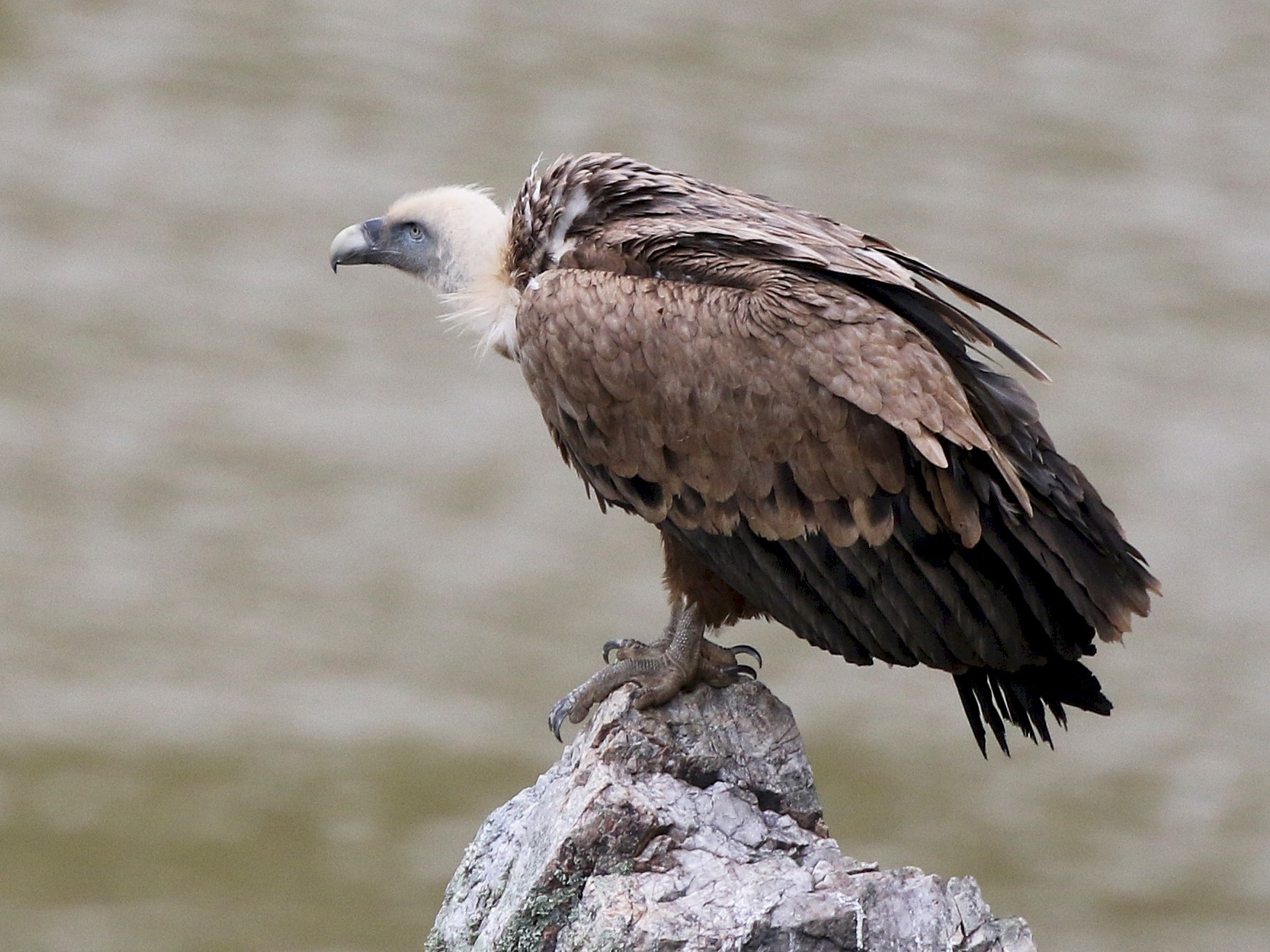After learning that a Griffon vulture was trapped near a powerline close to Galala Mountain, Nature Conservation Egypt (NCE) made moves to save the bird, and prepare for its safe return to nature. Affectionately, the male vulture was named Nisr by Dr. Sherif Bahaa Eldin, President of NCE. Nisr’s rescue took place during a raptor count at Galala Observatory, a project by NCE aiming to establish a permanent station for monitoring and studying migratory birds. For over a month, NCE, the Royal Society for the Protection of Birds (RSPB), and Galala University’s staff, nurtured Nisr, in a bid to ensure a successful rehabilitation process. After which, he was released to join the rest of the Griffons in their migration. View this post on Instagram A post shared by Nature Conservation Egypt (@nature_egypt) “Nisr’s story is just another [source of] inspiration for our work. With more successful rehabilitation stories, we have the ability to become more experienced with the birds. Our mission is to make sure all the birds have a safe flyway to travel safely back and forth,” Nouran Tawfik, Communications Officer at NCE, told Egyptian Streets. As…



